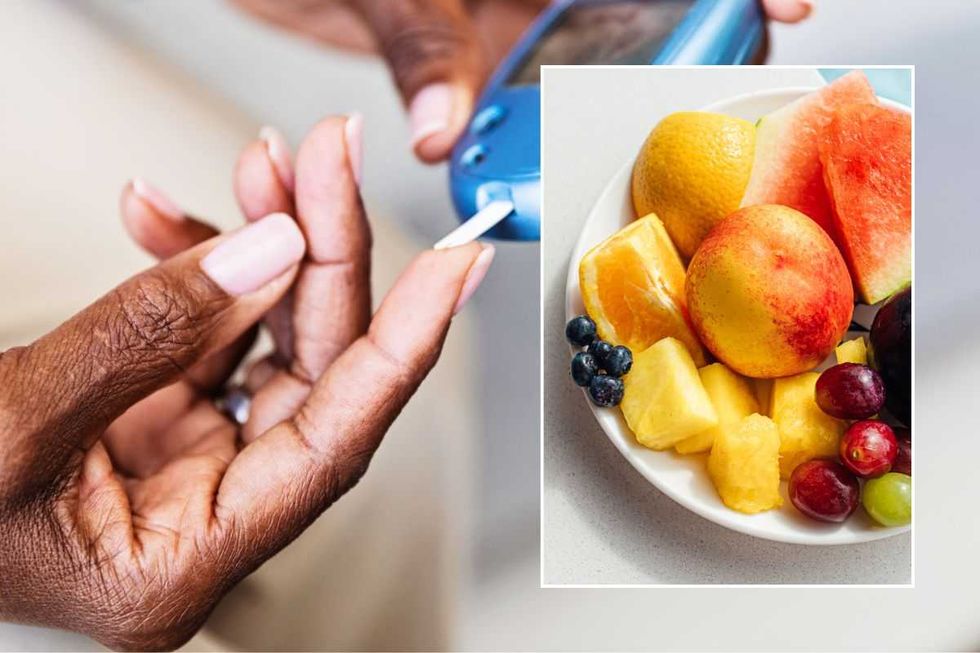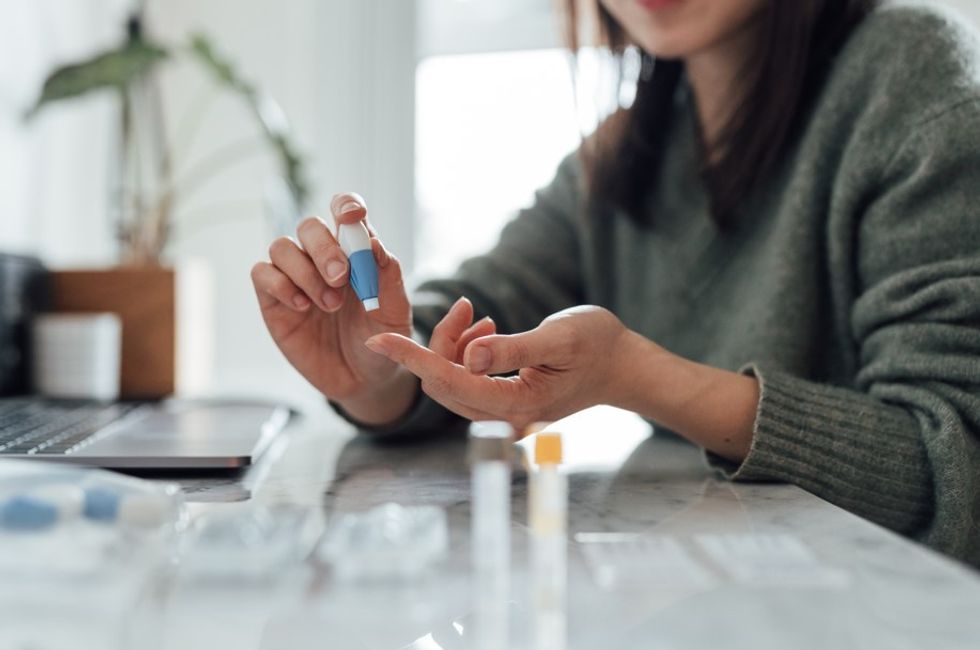Diabetes: Sweet fruit surprises scientists by outperforming low-sugar snacks in fat loss and blood sugar control

Foods marketed as low-sugar options potentially increase diabetes risk, researchers have warned
Don't Miss
Most Read
Latest
A groundbreaking six-month clinical trial has found that mangoes, which pack 32 grams of sugar, actually outperform low-sugar granola bars containing just 11 grams when it comes to managing prediabetes.
The research, conducted at George Mason University, challenges conventional wisdom about sugar intake for the nearly 100 million Americans living with prediabetes.
The study discovered that participants who ate a fresh mango daily experienced better blood glucose control, improved insulin sensitivity and reduced body fat compared to those consuming low-sugar snacks.
These findings suggest that the source of sugar matters far more than the amount alone.
TRENDING
Stories
Videos
Your Say

Eating fresh mango daily could lead to better blood glucose control
|GETTY
The research team, led by clinical nutrition expert Raedeh Basiri from George Mason's Department of Nutrition and Food Studies, divided participants into two groups for the trial.
One group received a fresh mango each day while the other was given a daily low-sugar granola bar.
Over the six-month period, scientists tracked participants' blood glucose levels, insulin responses and changes in body fat.
The results proved surprising, as those eating the sugar-rich tropical fruit showed consistently better outcomes across all measures.
"It is not just the sugar content that matters, but the overall food context that matters," Ms Basiri explained, noting this was the first long-term trial to show such comprehensive benefits for prediabetic adults.
The tropical fruit's natural sugars come packaged with fibre, vitamins and other nutrients that provide health benefits beyond what processed snacks can offer.
Even foods marketed as low-sugar options may lack these protective elements and could potentially increase diabetes risk.
"The goal is to encourage people to include whole fruits, like mango, as part of healthy eating behaviours and practical dietary strategies for diabetes prevention," Basiri said.
She explained that people at high risk of diabetes shouldn't just count sugar grams but should consider how those sugars are delivered.
The research, titled "Daily Mango Intake Improves Glycemic and Body Composition Outcomes in Adults with Prediabetes: A Randomized Controlled Study," was published in Foods in August 2025.
LATEST DEVELOPMENTS

Foods marketed as low-sugar options may lack the protective elements of sweet fruit
| GETTYIs fruit bad for blood sugar?
It is often said that if you have diabetes, you shouldn't eat certain fruits that are excessively sweet, but the Mayo Clinic challenges this widely held belief.
The health body explains that the total amount of carbohydrates in a food affects blood sugar levels more than the source of the carbohydrates, or whether that carbohydrate source is a starch or sugar.
It continued: "As you decide what fruit to eat, keep in mind that one serving of fruit should contain no more than 15 grams of carbohydrates. So the size of the serving depends on how many carbohydrates are in the fruit.
"Whether you eat a low-carb or high-carb fruit, as long as the serving size contains 15 grams of carbohydrates, the effect on your blood sugar is the same."
Our Standards: The GB News Editorial Charter











